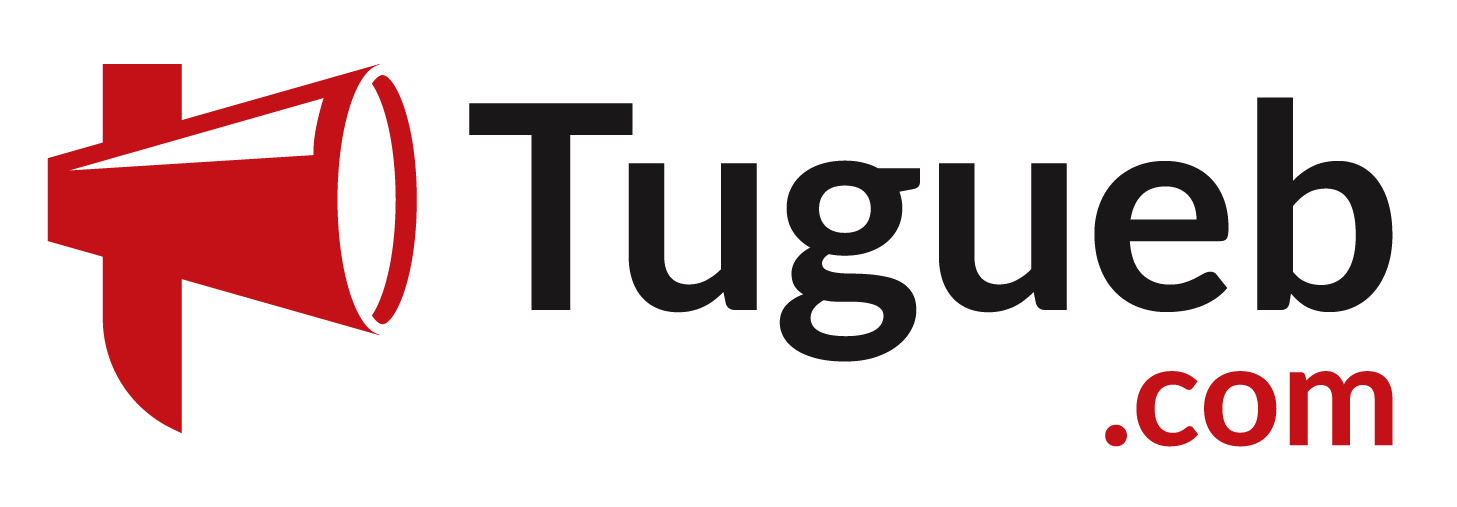- Too Many Start-Up Programs: If Windows loads too many start-up programs, most of these apps are actually unnecessary. They were installed by vendors who thought they know what is best for you. These apps will take up precious RAM and slow down the boot-up process.
- Damaged Registry: The registry is the primary settings database for Windows. Defects in registry will not only slow the computer down, but also degrade the stability of the entire system.
- Fragmented hard drive: The more work your PC does, copying, deleting, or moving files, the more cluttered the file structure on your hard disk. The access to individual file will slow down significantly.
- Too many active processes: Often, anti-virus, firewall and other security applications are running in the background and constantly check your PC, this can be a reason for slow PCs. The number of such apps is growing over the life of the PC and they consume a good deal of computer resources even during the “idle” status.
- Improper Program Removal: If you uninstall programs, very often entries are still left in the registry, system libraries, and others. They can inflate the registry size and make your system unstable.
- Small swap file: Swap file on your hard drive is used as ‘virtual memory’ when the physical memory (RAM) is exhausted. If your swap file is too small, Windows may not work properly because not all the files needed for the execution of a program can be made available. If the paging file is too large, a large amount of hard drive will be locked and couldn’t be used for something more useful.
- Spyware: It runs on the background unnoticed and can degrade performance significantly.
- Junk Files: Temporary files, caches, cookies and Internet histories as well as bloated recycle bin can quickly add up and occupy a large amount of storage, which could be needed urgently in case you have small hard drive capacity, for example, paging file.
- Driver: Incorrect or outdated drivers can cause problems and incompatibility issues, especially for networking/wireless, graphics and sound adapters. Drivers are updated periodically by manufacturers to add new functionality, fix bugs and improve power efficiency.
- New Apps: If you bought your computer in 2002, it may be a good idea to stick with Microsoft Office 2003 and Photoshop CS. Upgrading to Microsoft Office 2007 and Photoshop CS5 will only result in degraded performance and lower overall productivity.
- OS Upgrade: Obsolete processor, too little RAM, cramped hard drive or sluggish graphics power can reduce the performance of your PC considerably when you decide to migrate to a newer and more demanding OS. In some cases, Windows XP is still your best choice and you should forget about that flashy Windows 7 until you have a proper hardware configuration.
If your PC is slow, you don’t have to buy a new one, but in order to troubleshoot a slow PC, you may need some technical understanding to fix some hardware issues. But in many cases, it is as simple as running a tuning a tool to fix a few issues automatically, for example for removing junk files, defragmenting hard drive and optimizing registry.























